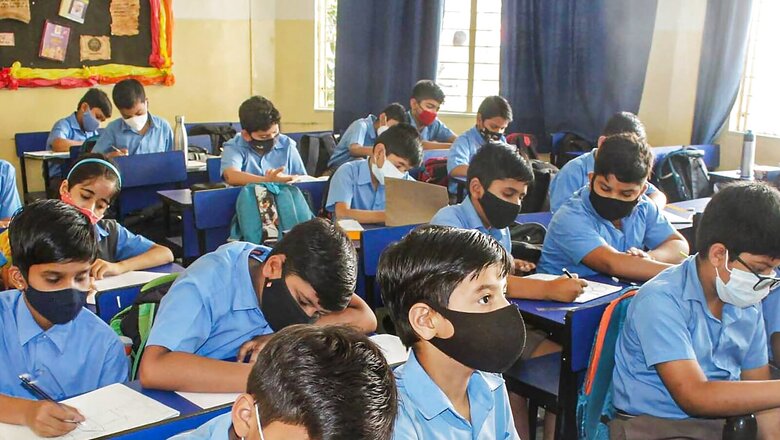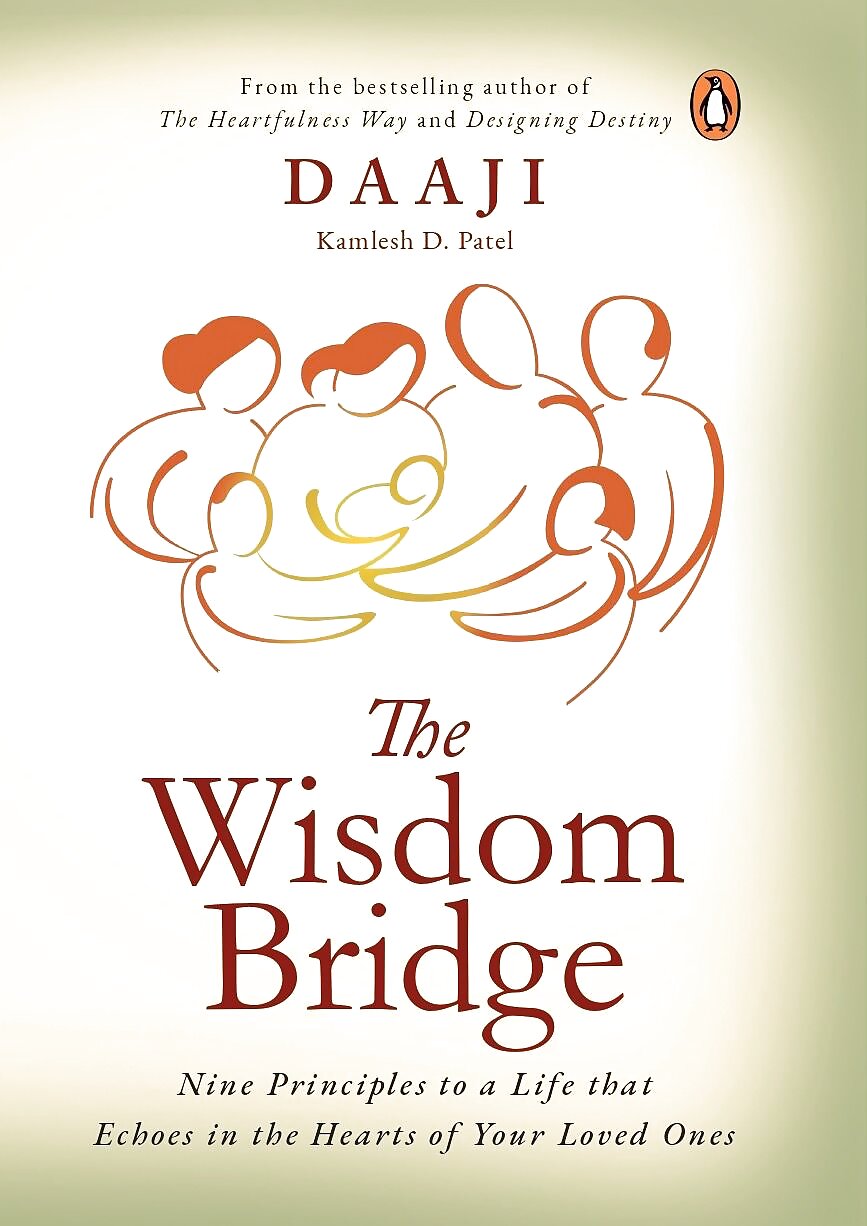
views
There is one aspect all parents are concerned about and that’s teaching the child the parents’ native language. Especially if you are an immigrant in a country where only a few speak your native language or in countries like India where languages can change from state to state. From what I have seen, parents teach the child one language. While this may be a pragmatic choice, the best time to teach children multiple languages is during childhood. Children can learn two or even three languages growing up. At birth, an infant can tell the difference between each of the 800 sounds of all the world’s languages combined. ‘They become attuned to whatever language is spoken by their caregiver. By the time the baby is eleven months old, the brain activity reflects the language or languages the baby brain has been exposed to.’ So if you know more than one language, it’s ideal to teach them to your child from birth. Children will learn fast, but it is a bit of work for the parents.
In the US, I have seen school districts that offer dual language instruction. Early results indicate that such an approach helps the children develop better cognitively. It also helps them appreciate cultural nuances better. In the recently unveiled education policy in India, the policymakers have incorporated a stronger focus on regional language skills, which is a step in the right direction.
If you have caregivers at home, especially grandparents, then I suggest that you ensure that they speak with the child in the native language. Parents worry what might happen if the child goes to school and doesn’t know English.

You will be surprised to see how fast the child will pick up English or whatever language is spoken outside. The main effort involved is from parents and elders to keep at it and continue speaking in a tongue that may not be in common use at home daily.
A healthy sense of self develops from a good understanding of one’s cultural identity and tradition. So if you are from China or Korea living in, say, Germany, it’s important to teach your child about your culture and guide the child in assimilating the local customs. St Martin’s Day, Christmas, Chinese New Year and Spring Festival can all be celebrated by the family together. Teaching the child about one’s culture and appreciating diversity removes the seeds of cultural bias.
When I was ten years old, my father sent me to the village mosque. For a few months, I received lessons in Islam in the Urdu language. I became so good at reciting the Quran that I even offered azan at the mosque. It was my father’s decision to make sure that I learned the basics of Islam. I am grateful that he did this for me at such a young age. There were some days where in the morning I offered the azan, in the afternoon I read books on yoga with my father and in the evenings, I read aloud the stories from the Mahabharata. When I reflect on this experience, I feel that it helped me understand the essence of unity across religions.
Early childhood is the time to invest in your child. Read, share and communicate as much as you can. As your child grows up, you will be delighted to see how the essence of all that you shared blossoms.
Excerpts from ‘The Wisdom Bridge’ (Penguin Random House India) by Kamlesh D Patel, affectionately known as Daaji.
Read all the Latest Opinions here




















Comments
0 comment